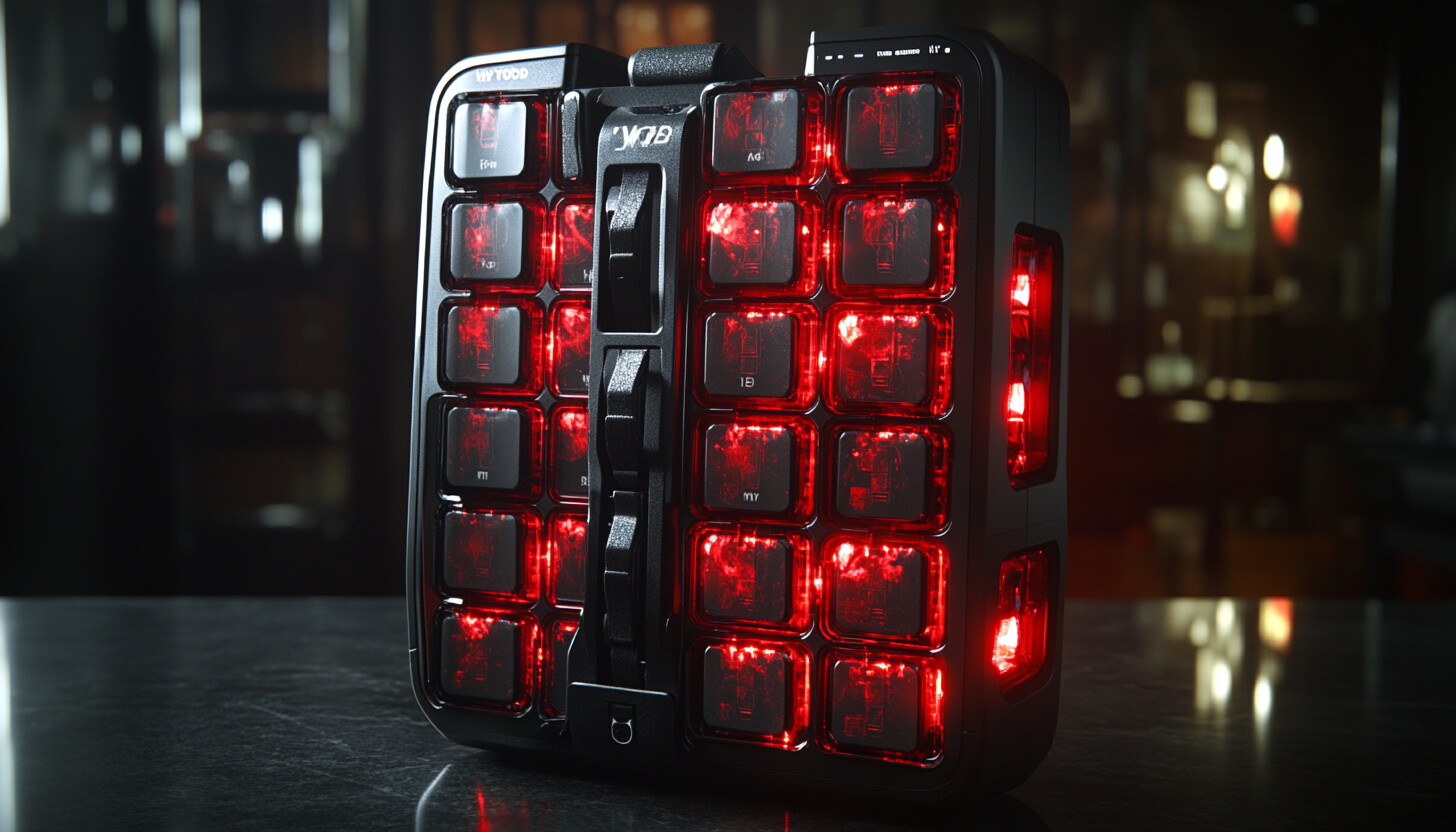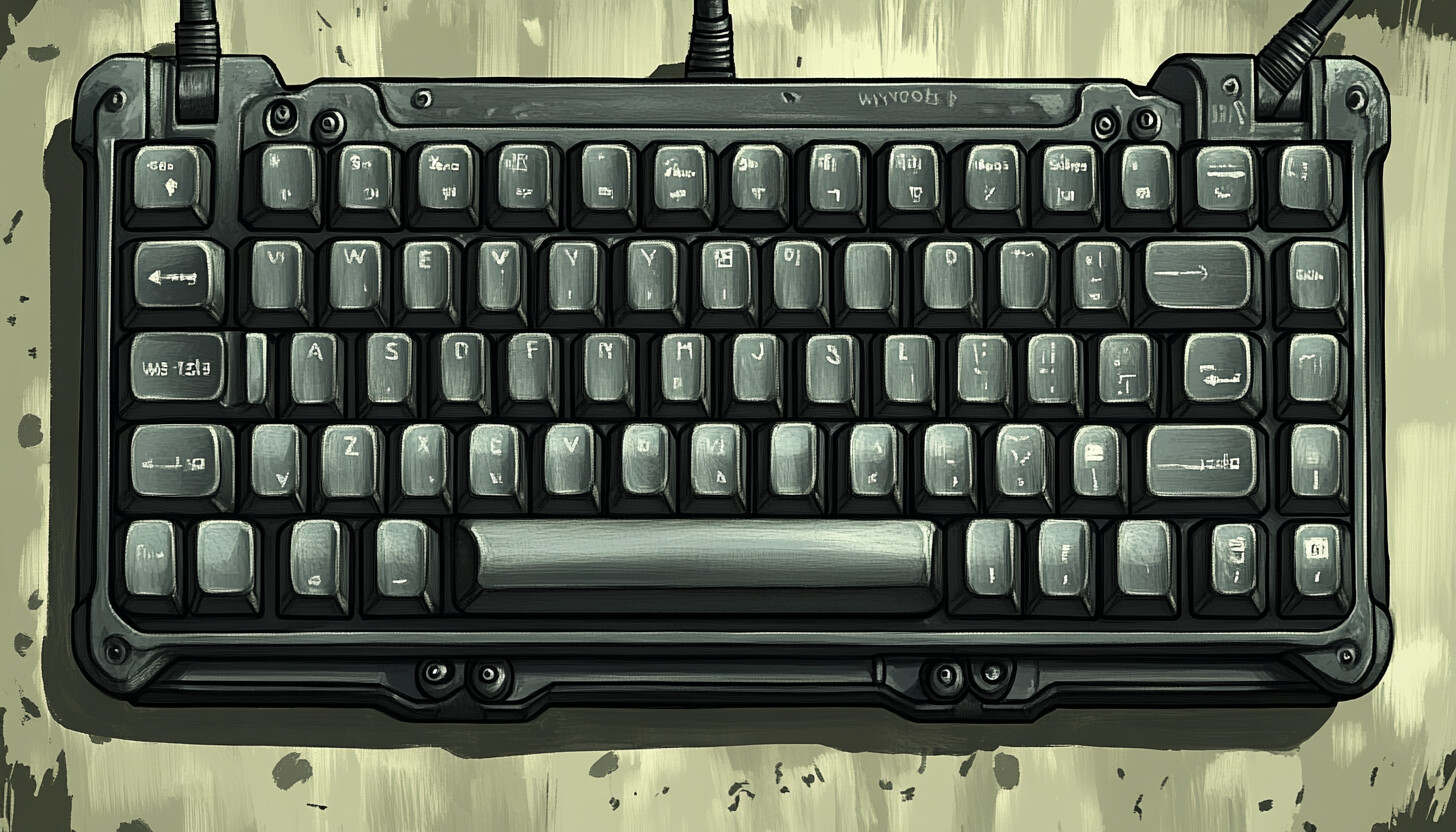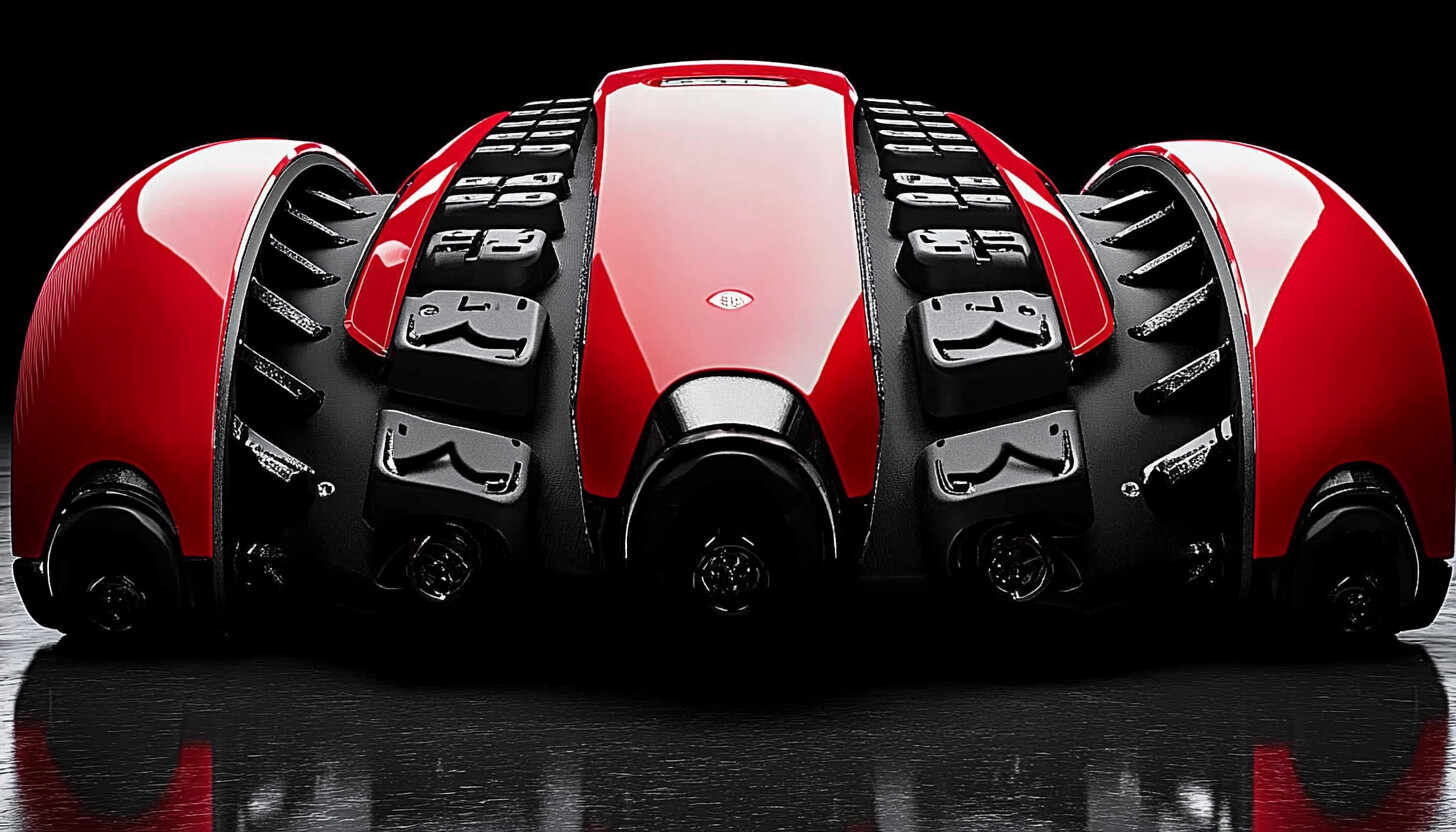WayTools' TextBlade: The Keyboard That Never Launched
Explore the journey of WayTools' TextBlade, a portable keyboard that received rave reviews but never hit the market. Discover the hurdles and speculation surrounding its non-launch.

TextBlade: The Revolutionary Keyboard That Never Hit the Market
WayTools' TextBlade was a groundbreaking keyboard design that promised to change mobile typing forever. Launched with much fanfare, it never reached consumers, leaving many to question what went wrong with this highly anticipated tech innovation.

Overview
- WayTools introduced the TextBlade as a compact, portable keyboard offering a full-size typing experience.
- Despite positive reviews from testers and significant consumer interest, the product was never officially launched.
- This case highlights the challenges and pitfalls in product development and market entry.
Historical Context
- Launched in 2015, TextBlade was positioned as an innovative solution for mobile device users, addressing the limitations of typing on small screens.
- The design boasted advanced features like multi-touch technology and magnetic folding mechanisms, appealing to tech enthusiasts.
- Delays in production and repeated revisions hindered its release, drawing parallels to other tech industry setbacks.

Specifics of the Event
- Main Players: WayTools, a tech company known for its innovative designs.
- Key Features:
- Compact size with full-size keyboard functionality.
- Multi-touch technology with eight smart keys.
- MagLever technology for tactile feedback similar to traditional keyboards.
- Priced at $99, aimed at tech-savvy consumers.
Consequences
- Market Impact:
- Unfulfilled pre-orders and refunds tarnished WayTools' reputation.
- Highlighted the risks associated with over-promising and under-delivering in tech product launches.
- Broader Implications:
- Increased consumer skepticism towards crowd-funded or pre-order tech products.
- A case study in the importance of realistic timelines and resource management in product development.
Expert Opinions and Analysis
- Analysts have suggested that patent issues and over-ambitious engineering goals contributed to the delays.
- Some speculate that WayTools intended to generate interest for acquisition rather than actual product delivery.

Responses to the Event
- Consumers expressed frustration over delays, leading to negative sentiment around the brand.
- Industry observers noted the valuable lessons for startups about balancing innovation with practical business strategies.
Conclusion
The TextBlade saga serves as a cautionary tale about the complexities of bringing innovative tech products to market. While its design captured imaginations, the inability to deliver highlights the critical balance between innovation and execution. As technology continues to evolve, companies must learn from such instances to ensure successful product launches in the future. Will we see other companies attempt to fill the gap left by TextBlade's absence, or is this a lesson learned for aspiring tech innovators?